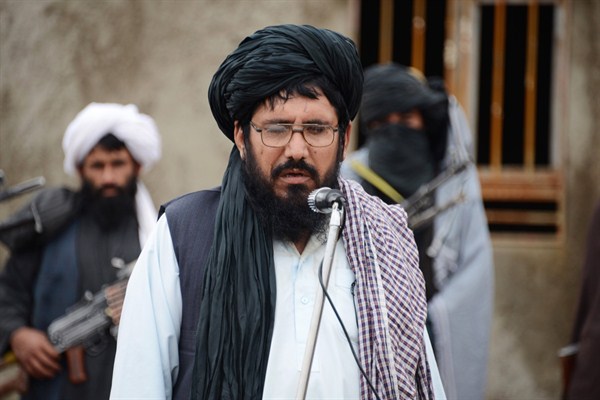Often counterinsurgency is less about a government forcefully imposing its will on insurgents than it is about seizing fleeting opportunities. Timing matters greatly: Doing the right thing at the wrong time usually has little effect; the same action taken when circumstances are more favorable can pay off.
The first phase of the Iraq insurgency is a perfect example. What is called the American “surge” only worked because it coincided with several other developments that opened a window of opportunity for success. These included the fact that many Sunni Arabs had become disillusioned with the insurgency; that Iran and its Iraqi proxies had decided to lower their involvement in violence; that U.S. and Iraqi security forces had attained proficiency at counterinsurgency and manhunts; and that the violence had already resulted in the segregation of Iraq’s sectarian communities. The surge simply exploited the opportunity that emerged from this convergence of factors.
Now something similar may be underway in Afghanistan. Only a month ago that country seemed to be spiraling toward failure. The Taliban had seized the city of Kunduz and were on the offensive in other parts of the country. The government of President Mohammad Ashraf Ghani showed little sign of turning things around either militarily or politically.

